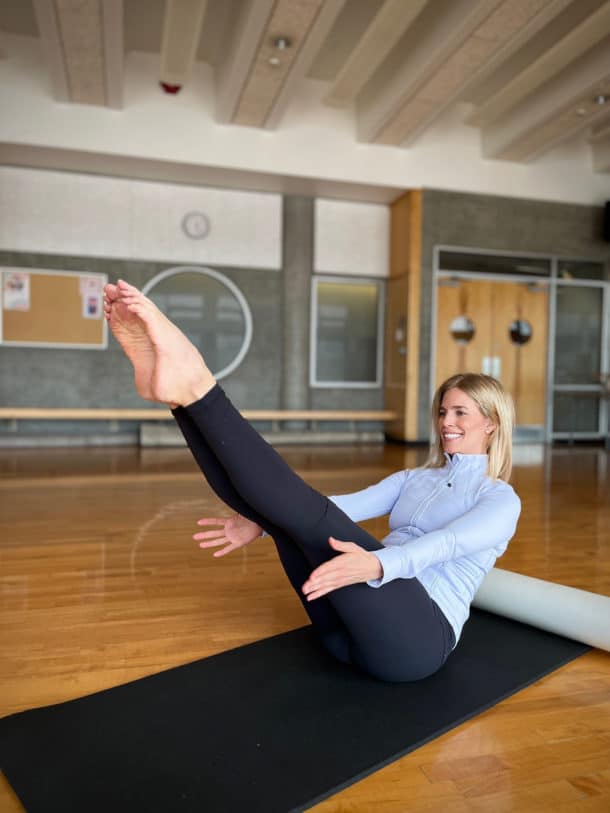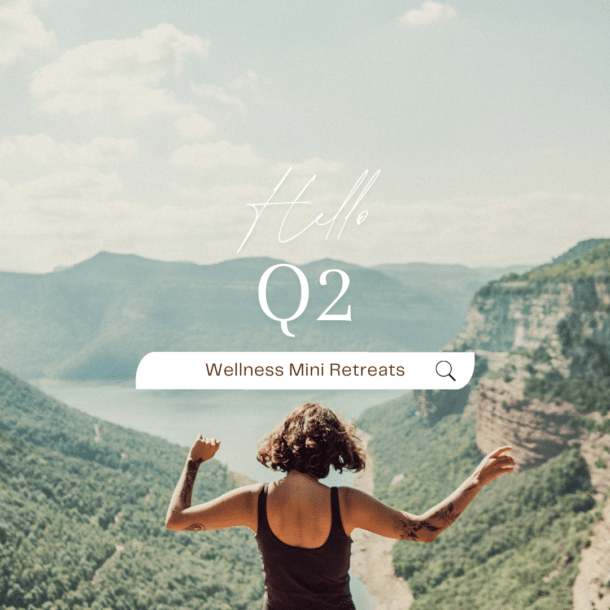Your lifestyle can reduce your risk of Osteopenia.
Poor habits, eating disorders and some medical treatments can effect your bone density. The loss of bone density increases your risk for osteopenia and osteoporosis.
I spoke with Peter Gerbino MD, orthopedic surgeon specializing in sports medicine, to better understand the risks and treatment of osteopenia and osteoporosis.
Q+A with Peter Gerbino MD
Q1/ Based on your experience is osteopenia and osteoporosis prevalent?
PG: Decreased bone mineral density is a major problem in the US. Osteopenia is below normal bone density. Osteoporosis is severe osteopenia >2.5 S.D. below normal. As all of us age, we take in less calcium and get less vitamin D and exercise. In addition, women get a major drop in estrogen production after menopause which causes more bone loss.
Unless one is actively doing things to prevent bone loss, it can be assumed that there will be decreased bone density in that person. 1/3 of women and 1/5 of men over age 50 have osteoporosis; many more have osteopenia.
Q2/ Who do you think is at greatest risk for bone loss? Are you starting to see it in younger patients due to lifestyle issues?
PG: The elderly are at greatest risk. They take in less calcium and vitamin D, are furthest from menopause, are most sedentary and are most likely to have other medical problems that could limit bone health. Young people can certainly have poor bone strength depending on lifestyle and diet.
Q3/ Do you recommend routine bone density screenings starting at a certain age or as a result of certain conditions?
PG: All women after menopause need regular DEXA bone density screening. Anyone with a fragility fracture (caused by a minimal trauma) should be scanned. Anyone with bone pain or a stress fracture that doesn’t have a simple explanation should be scanned.
Q4/ Is the bone loss associated with use of drugs routinely prescribed to treat certain conditions or the condition itself?
PG: There are certain drugs that accelerate bone loss. Most common is chronic use of oral corticosteroids like prednisone. These drugs are used in a variety of conditions like rheumatoid arthritis and autoimmune disorders.
Q5/ Does strengthening the bone help long term blood glucose measure [HbA1c] associated with type II diabetes? It seems like a stretch.
PG: Right now, that concept is a theory. Studies like the Mayo study, are trying to understand the relationship. Many with Type II diabetes are obese and the extra weight actually stresses the bones to become stronger.
Q6/ When you diagnosis someone with osteopenia or osteoporosis, what is the standard treatment protocol? Or is there a standard protocol?
PG: Treatment depends upon the reason(s) for the decreased bone density. In a young person, we ensure that calcium and vitamin D levels are adequate. We prescribe exercises to increase muscle strength and modify training schedules. In the elderly, we add bone building drugs like bisphosphonates and PTH.
There is a movement underway initiated by the American Academy of Orthopedic Surgeons to “Own the Bone” and care for these patients. Protocols are being developed to select the right lab tests, imaging studies and treatment regimes including lifestyle modifications. Most lifestyle changes involve increasing weight bearing activities [walking, jogging, hiking, tennis and dancing] and strengthening muscles.
Q7/ Are there other studies underway?
PG: Many studies are underway trying to understand the relationships between certain drugs, diseases and activities with bone density. Beta blockers and diabetes are studied because both are very common in present members of society. Calcium channel blockers, another common blood pressure medicine, have been shown to decrease bone mineral density compared to beta blockers.
More on diet and calcium:
For more information on diet and calcium, read Does eliminating dairy from your diet improve your health?
Contact Us
Please email us to request more information about our services and collaborations.
Stay Connected
Subscribe free to receive our latest tips, workouts, exclusive offers and community notifications every Monday.



